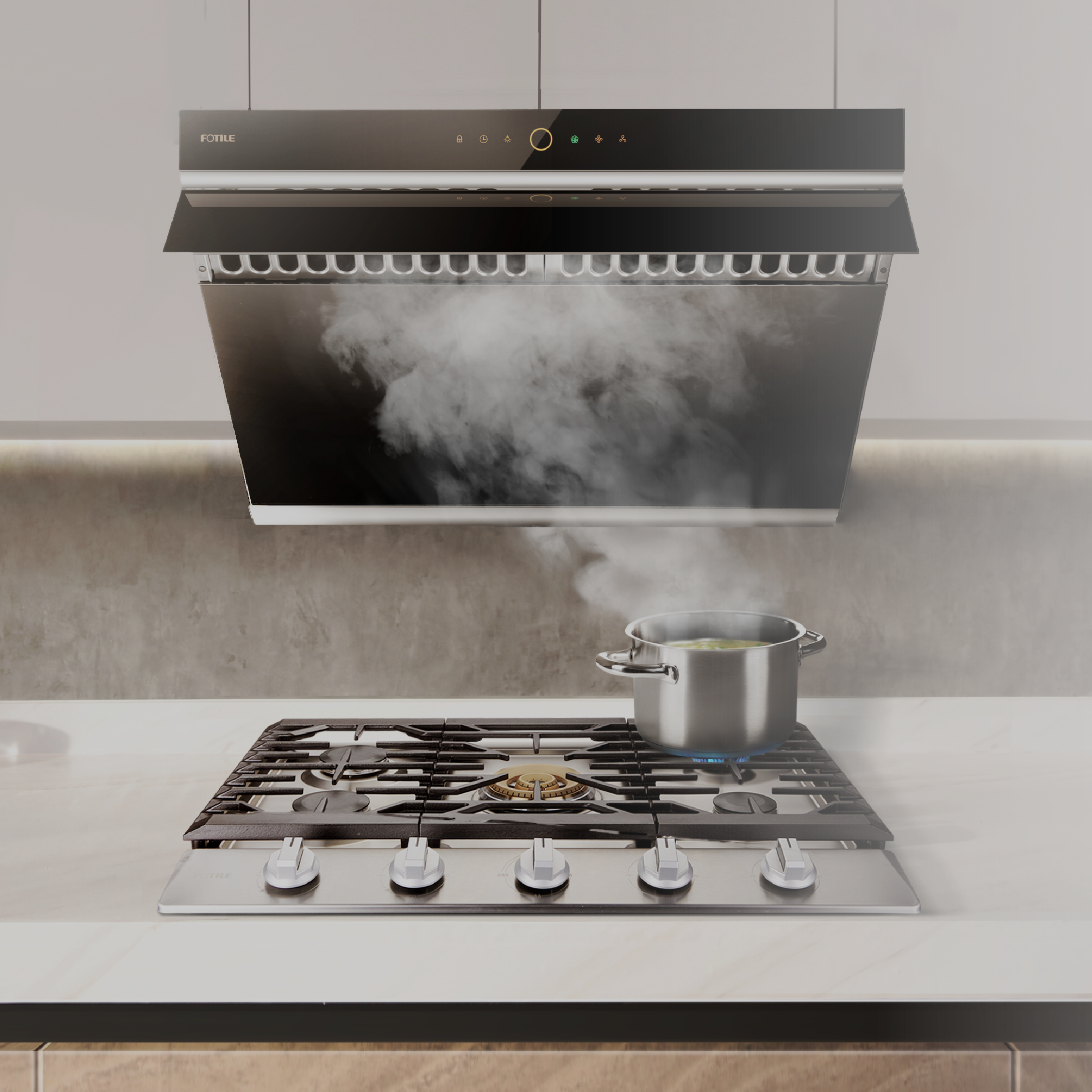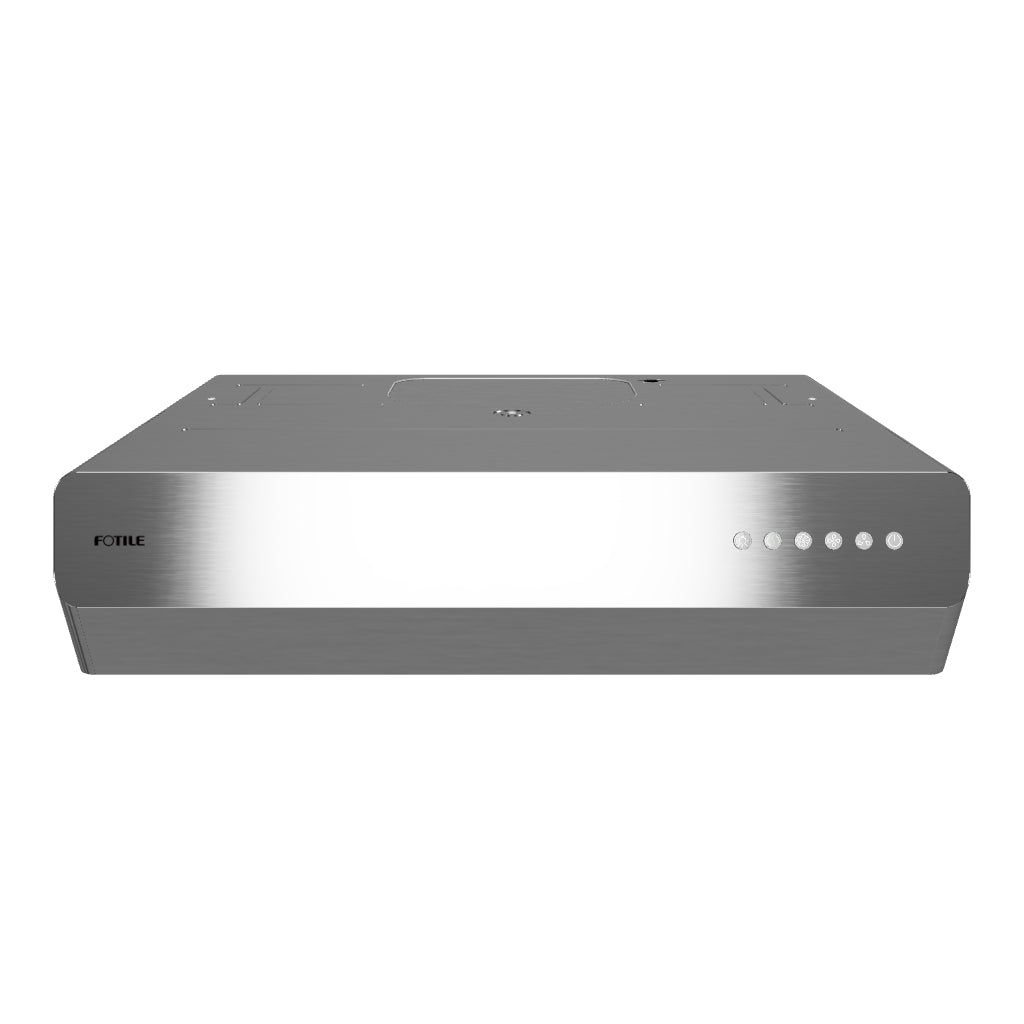How to Prevent Your Smoke Detector Going Off While Cooking
Author: James Zhao, Sr. Tech Specialist & Alex Park, Product Specialist
We’ve all been there—you are trying out a new recipe, and everything is going according to plan until something sets off your smoke detector even though nothing is burning. This annoying problem happens to all of us from time to time, but when it happens consistently and disrupts your everyday life, it’s time to take action.
You can make a few simple changes to stop your fire alarm from constantly going off.
Indeed, there are many reasons why your smoke alarm might go off whenever you attempt to fry an egg—many of them are not at all smoke-related. This article will explore both long and short-term solutions for what to do when your kitchen smoke alarm keeps going off.
1. Ensure Proper Set-Up Before and During Cooking
Before and during cooking, it's essential to adopt practices that minimize the risk of triggering your smoke detector. Here’s what you can do to ensure a smoke-free cooking environment:
- Stay Vigilant: Unattended cooking is a primary cause of smoke buildup and potential kitchen fires.
- Maintain Cleanliness: A buildup of grease, dirt, and leftover food particles can increase smoke production and even ignite a fire if left unchecked.
- Prep Your Cookware: Residue from previous cooking can heat up and produce smoke, setting off your smoke detector.
- Control the Heat: Heat oils slowly and carefully; adding oil to an overly hot pan can cause it to smoke excessively or even ignite.
- Never Leave Cooking Unsupervised: Unattended food can go from simmering to smoking quickly.
- Enhance Kitchen Ventilation: Engage the exhaust fan over your stove and consider opening a window or using a ceiling fan to help dissipate smoke and steam.

2. Temporarily Disable or Reduce the Sensitivity of the Alarm
Modern smoke detectors can temporarily reduce the alarm’s sensitivity or disable the sensor entirely. Generally, this “reduce or disable” option lasts for 15 to 20 minutes before the detector returns to full functionality.
This particular solution helps side-step the issue but doesn’t protect your kitchen from fire in case of an emergency. Though cooking fires are comparatively rare, you’ll want to consider other options if safety is your ultimate concern.
3. Relocate Your Smoke Detector
Another option is to relocate your smoke detector to an adjacent room or get it as far away from your oven as possible. This option requires some DIY savvy or the help of a contractor, but it can effectively reduce the number of times your smoke alarm is triggered by increasing the distance between the smoke detector and the source.
Other factors beyond smoke can cause the smoke alarm to go off. Sometimes heat, steam, or atomized fats can trick the smoke alarm into triggering. Increasing the distance between your smoke alarm and the source can reduce the number of false alarms.
However, this option requires cutting drywall/ceiling, rerouting and rewiring your detector, and patching up when finished. It may be effective but requires extra time, money, and effort.
4. Replace the Batteries to Prevent False Alarms
When batteries get old, they make the devices they power less effective at doing their jobs. When the batteries in the remote are on their way out, the range and responsiveness of the remote are also diminished. This is true of other devices as well.
When the batteries in your smoke alarm are close to the end, it can cause your smoke alarm to overreact or detect smoke that isn’t there. Additionally, older detectors are more prone to false alarms due to obsolescence in their circuitry.
The remedy is to change the batteries in your smoke detector two times a year and replace the detector itself every ten years. Just be sure to replace the batteries after taking them out. You may be tempted to leave it to chance in exchange for peaceful meal prep, but it’s not worth the risk. Smoke detectors are a necessary fact of life.

This option keeps your smoke alarms working as intended but doesn’t resolve overactive or all-too-eager smoke alarms from ringing out at the slightest whiff of burnt toast.
6. Upgrade the Smoke Detector
There are two main types of smoke detectors—ionization smoke detectors and photoelectric smoke detectors. Ionization smoke detectors use a small amount of radioactive material placed between two electrically charged plates. The alarm is triggered when particles in the air float up and disrupt the electric current.
When placed close to a cooking source, ionization smoke detectors are almost too effective. They will often react to non-smoke particles, like steam and other byproducts of cooking. Photoelectric smoke detectors are a better option for the kitchen, as they only respond to actual smoke.
Both types of detectors should be used in the home. However, ionization smoke detectors should not be used in the kitchen because they often overreact to the byproducts of cooking, like steam and atomized fats.
7. Open a Nearby Window
This simple solution may be all you need to do to prevent your fire alarm from going off. The reasoning is simple—an open window prevents steam, aerosol, cooking byproducts, and, yes, smoke from building up in the space around your smoke detector. If your smoke detector is slightly overactive, then this might be all you need to do to prevent it from going off.
However, this “solution” doesn’t truly address the problem—and it’s not always practical. On extremely hot or extremely cold days opening a window is not only uncomfortable but costs money with wasted energy bills.
8. Preheat Pans in a Clean Oven
Another way to prevent smoke from triggering your smoke detector is to use your oven to get your cooking pans extremely hot before using them. At first, this sounds counterintuitive—how does more heat lead to less smoke?
First, you’ll need to ensure your oven is clean before cranking it up to 500 degrees. (If it’s dirty, then there will likely be smoke.) Preheat your pans in the oven for about 30 minutes before removing them from the oven and placing them on your stovetop. Then, add your oil and start cooking.
The longer the oil is in contact with the pan, the more likely it will burn and smoke, triggering your smoke alarm. Preheating your pans reduces the time the oil spends in contact with the pan. Preheating them in the oven allows you to control the heating process and evenly distribute heat throughout your pan.
However…
This method is still working around the initial problem. That’s why we recommend that you:
8. Install a Range Hood for Ventilation Above Your Stove
How often do you eat out at a restaurant when their fire alarm goes off? It’s safe to say that it probably hasn’t happened more than once, if at all. This is because professional cooks use range hoods above their ovens and stovetops.
Range hoods properly ventilate your cooking area by sucking up smoke, steam, atomized fats, and other particles. Particles that often trigger smoke alarms never have a chance of reaching the detector because they are siphoned out of the kitchen and into the air outside.
Additionally, range hoods help keep your kitchen cleaner. The hood itself prevents grease and other cooking byproducts from building up on your walls, counter tops, and kitchen tools.

You might think that microwave range hoods are just as effective at efficiently managing airflow while cooking, but these units are microwaves first and range hoods second. Only dedicated, professional range hoods offer high-powered kitchen air-flow management.
Also, range hoods are the safest option because they allow you to keep your smoke detectors working as intended—you don’t need to desensitize them, turn them off, or cover them. In a true fire emergency, actual smoke will reach your smoke detectors. When you sear a steak, any smoke or other particles will be safely filtered out of your kitchen and into the great outdoors.
As a bonus, your neighbors will smell the delightful food you are cooking.
- Choosing a selection results in a full page refresh.






